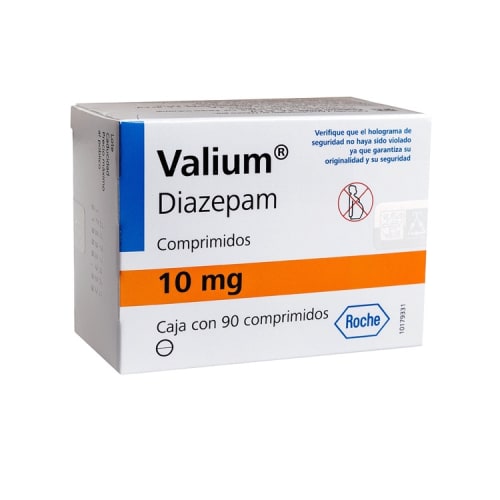Description
Valium In Australia
also known by its generic name diazepam, is a medication that belongs to the benzodiazepine class of drugs. It is primarily prescribed for the treatment of anxiety disorders, muscle spasms, seizures, and alcohol withdrawal symptoms.
Secondly, Valium works by enhancing the effects of a natural brain chemical called gamma-aminobutyric acid (GABA), which helps to reduce excessive brain activity and produce a calming effect.
Here are some key points to know about Valium:
- Uses is commonly prescribed for anxiety disorders, such as generalized anxiety disorder (GAD), panic disorder, and social anxiety disorder. It can also be used to treat muscle spasms, seizures (including febrile seizures in children), insomnia, and symptoms of alcohol withdrawal.
- Sedative Effects: Valium has sedative properties, which means it can induce relaxation, drowsiness, and a sense of calmness. This effect can help individuals with anxiety or muscle spasms to feel more at ease.
- Dosage: The dosage of Valium varies depending on the condition being treated and individual factors. It is available in tablet form and can be taken orally. The dosage should be determined by a healthcare professional and should not be exceeded without medical guidance.
-
Side Effects
Common side effects of Valium include drowsiness, dizziness, fatigue, blurred vision, confusion, and muscle weakness. It can also cause more serious side effects, such as respiratory depression, dependence, and withdrawal symptoms if used for an extended period or at high doses. Abruptly stopping Valium can lead to withdrawal symptoms and should be done gradually under medical supervision.
- Precautions: Valium should be used with caution in individuals with a history of substance abuse, liver or kidney disease, respiratory problems, glaucoma, or depression. It is not recommended during pregnancy or while breastfeeding, as it can be passed to the baby and cause harm.
- Valium can interact with other medications, including antidepressants, antipsychotics, sedatives, and alcohol. Combining Valium with these substances can increase sedation and may be dangerous. It’s important to inform your healthcare provider about all the medications you are taking to avoid potential interactions.
As always, it’s important to consult with a healthcare professional, such as a doctor or pharmacist, for personalized advice. And information regarding the appropriate use of Valium. They can provide guidance on dosage, potential side effects, and interactions based on your specific situation.




Reviews
There are no reviews yet.